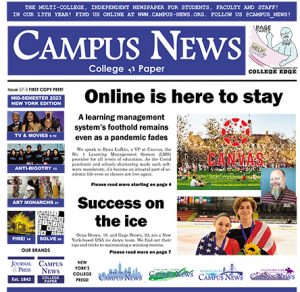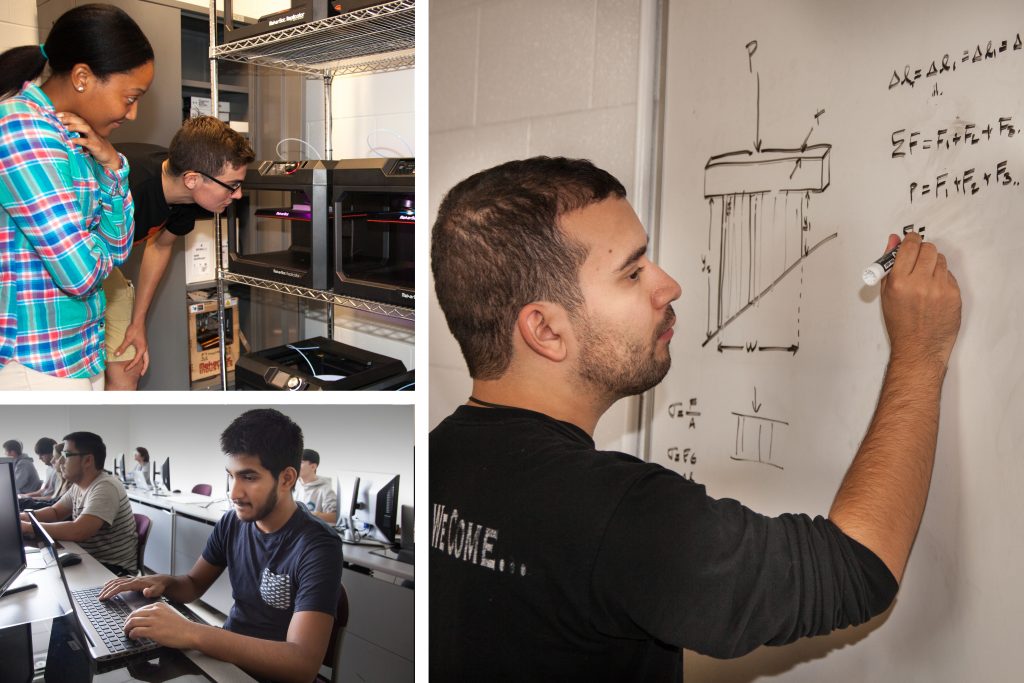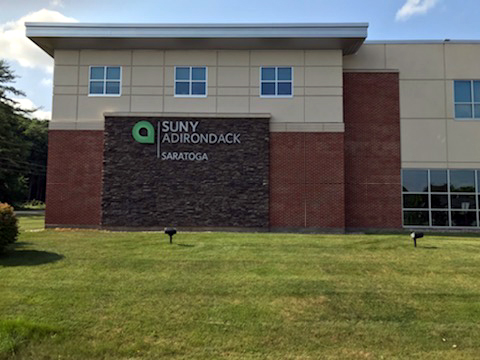Digital phishing scams are ubiquitous today. Almost every individual has received emails from strangers, under the guise of authenticity, trying to steal their passwords, account numbers, or social security numbers. Those who unwittingly give their personal information to a scammer may lose hundreds or thousands of dollars, in addition to having countless hours of stress trying to rebuild their digital privacy. According to the Federal Bureau of Investigation (FBI), internet crimes like these are on the rise. Between 2019 and 2020, complaints of suspected internet crimes increased by more than 300,000, with reported losses exceeding $4.2 billion.

Learning how to recognize a phishing scam and what to do (and not do) upon receipt of a suspicious email, is critical to avoid falling prey to these criminal acts. Faculty of the Education Program at LaGuardia Community College/CUNY are part of a new $14 million four-year CUNY initiative that looks to incorporate lessons about computational thinking and computer literacy into the classroom, beginning with the youngest of students and continuing through grade 12. The initiative is funded by Google, Gotham Gives, the New York City Department of Education and the Robin Hood Learning Technology Fund and is designed to meet New York State’s digital fluency standards.
This academic year alone LaGuardia’s Education Program is receiving approximately $360,000 from the CUNY Computing Integrated Teacher Education (CITE) initiative. The funds will be used to update curriculum, enhance existing curricula, train faculty, develop new courses, and cover the tuition for public school teachers’ professional development credentialing. Students and public school teachers alike will learn a range of computing topics, skills and issues, including cyber-awareness, password protection, algorithms, debugging, and gaming.
“This CUNY CITE funding is allowing us to update our curriculum for nursery–grade 12 teachers—preparing them to incorporate lessons about digital literacy and computational thinking into their daily classroom curriculum,” said Michele de Goeas-Malone, project lead for LaGuardia’s CITE work, chairperson of LaGuardia’s CITE committee, and co-director and faculty member of LaGuardia’s Education Program. “This shift is particularly important for educators of students from marginalized communities who often have limited access to computers and personal technology. These are lessons that have applications to daily life—computational thinking is a way of problem solving and approaching a project—skills that can be used personally, academically, and professionally. While learning how to avoid scammers is becoming a critical life skill.”
This initiative is designed to bring STEM and digital literacy into classrooms for grades as early as kindergarten.
“Now instead of teaching computer skills in a separate class, K–12 teachers are expected to incorporate them into their daily curriculum. And it’s not just about how to use computers and computer platforms. It’s a way of thinking, of problem solving and pattern recognition. It’s learning how to apply computational thinking to analyzing a problem and why it went wrong,” said de Goeas-Malone .
“Interest in our Education Program is growing. With the number of LaGuardia students majoring in these fields more than doubling between 2020 and 2021—LaGuardia’s role in training tomorrow’s teachers to teach digital literacy from kindergarten, will have a big impact,” said Dr. Arthur Lau, professor and chairperson of LaGuardia’s Education and Language Acquisition Department, where the Education Program is housed.
The Education Program offers four associate degree tracks: Early Childhood (birth–grade 2), Childhood (grades 1–6), Secondary (grades 7–12), and Bilingual Child.





Facebook Comments